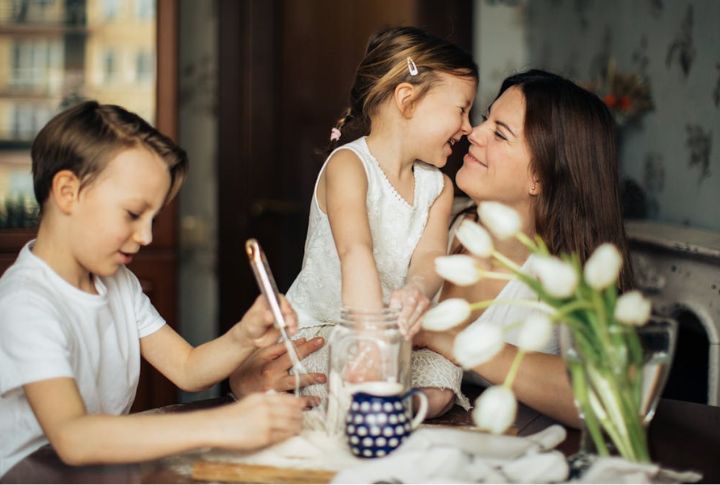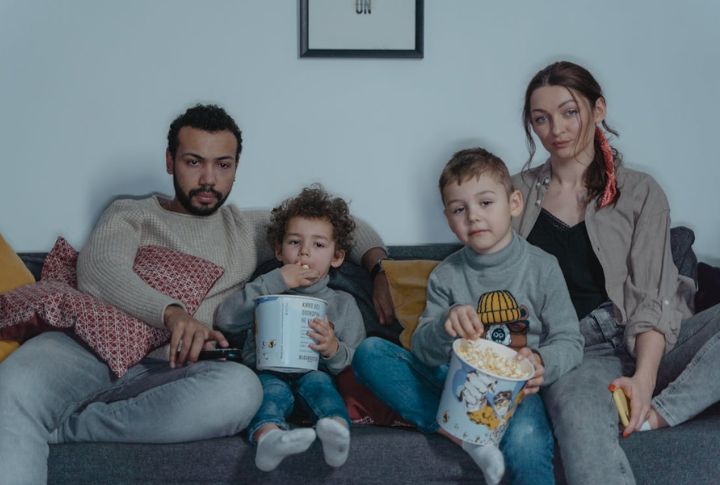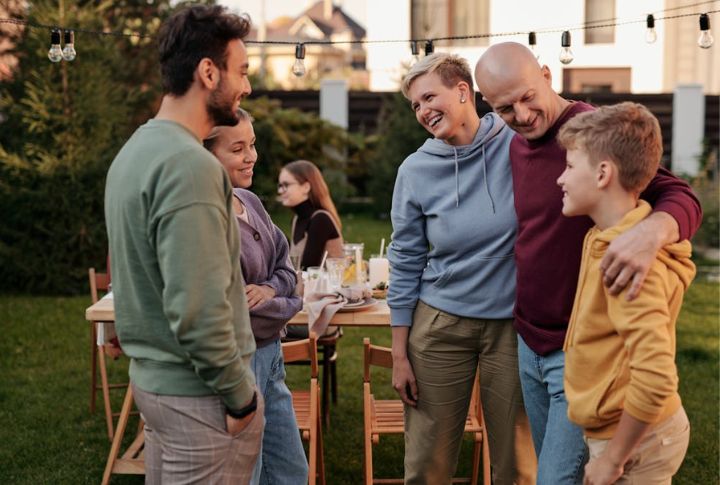
Your child’s mind quietly stores moments you barely notice, quick conversations, and tiny routines that feel ordinary to you. Years from now, they’ll still recall them clearly, holding on to the feelings those moments created. These pieces of you will live on in their hearts and stories, shaping who they become. Here are 12 they’ll never forget.
The Way You Made Them Feel Safe

Children usually remember how a parent made them feel more than anything else. A warm tone, consistent hugs, and bedtime routines help create emotional security. These simple, repeated actions also give a child a sense of safety that doesn’t fade. That lasting security forms the foundation for confidence and emotional well-being.
How You Reacted When They Messed Up

Your response when your child makes a mistake has a bigger impact than you realize. By keeping your tone calm and your words steady, you build their strength and encourage them to take responsibility. In contrast, harsh reactions create fear or pressure to be perfect, while forgiveness teaches far more than correction ever could.
Your Most Passionate Interests

Let your child witness what brings you joy. Whether it’s music or books, your visible excitement strengthens your connection. With repeated exposure, those interests begin to stick. Over time, children usually absorb the same passions, sometimes without even realizing why. What you love can quietly shape what brings them peace.
How You Spent Your Free Time

Kids notice how you spend your downtime. Were you present, or always distracted? Just sitting next to them during cartoons can become something they never forget. You don’t need grand moments. The small, quiet ones stick the most. That time together, even without talking, can feel like love that lasts a lifetime.
The Stories You Repeated

Children remember the stories their parents tell again and again. These repeated tales, be they funny or heartfelt, become markers of belonging. They teach values, preserve family identity, and leave emotional imprints. Even years later, kids can repeat them word-for-word. Small moments like these also grow into some of the most lasting memories.
How You Handled Stress Or Sadness

Express your emotions openly rather than keeping them inside. When children observe a parent calmly processing sadness or discussing difficult feelings, they learn resilience. Don’t strive for perfection. Instead, let them see recovery in action, not just control. This teaches them how strength and softness can coexist and helps build coping skills.
The Way You Celebrated Their Wins

Celebrate the little victories, loudly and frequently because every shout or silly dance will tell your child they were seen. That kind of recognition creates more than memories; it fosters self-worth. Even enthusiastic praise for simple crayon drawings can leave a lasting impression. Kids carry those affirmations into adulthood, remembering the love more than the reason.
The Rules You Enforced (And Why)

Always take the time to explain the “why” behind your rules. Understanding the reason encourages kids to listen and remember better. Rules do more than set limits—they also give children a sense of security and stability. With consistency and care, those boundaries become cherished memories.
The Traditions You Created Together

Children tend to remember repeated family rituals more vividly than major life events. Weekly routines like pancake breakfasts or shared movie nights become part of their identity. Even small, unique traditions take on meaning over time. These familiar experiences also quietly shape how a child defines love and family.
The Way You Treated Other People

Your child learns empathy by watching you every day. Speaking kindly and showing patience to strangers teaches them deeply. The way you treat neighbors and people you pass by naturally influences their values and sets the tone for how they’ll interact with others throughout their entire life.

